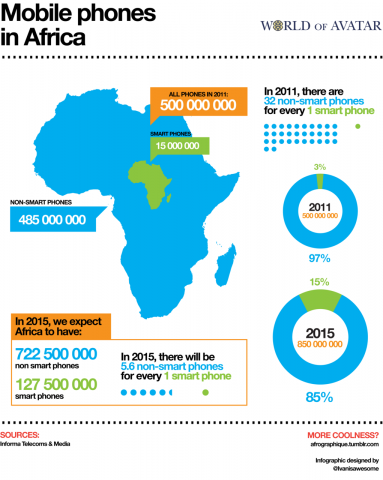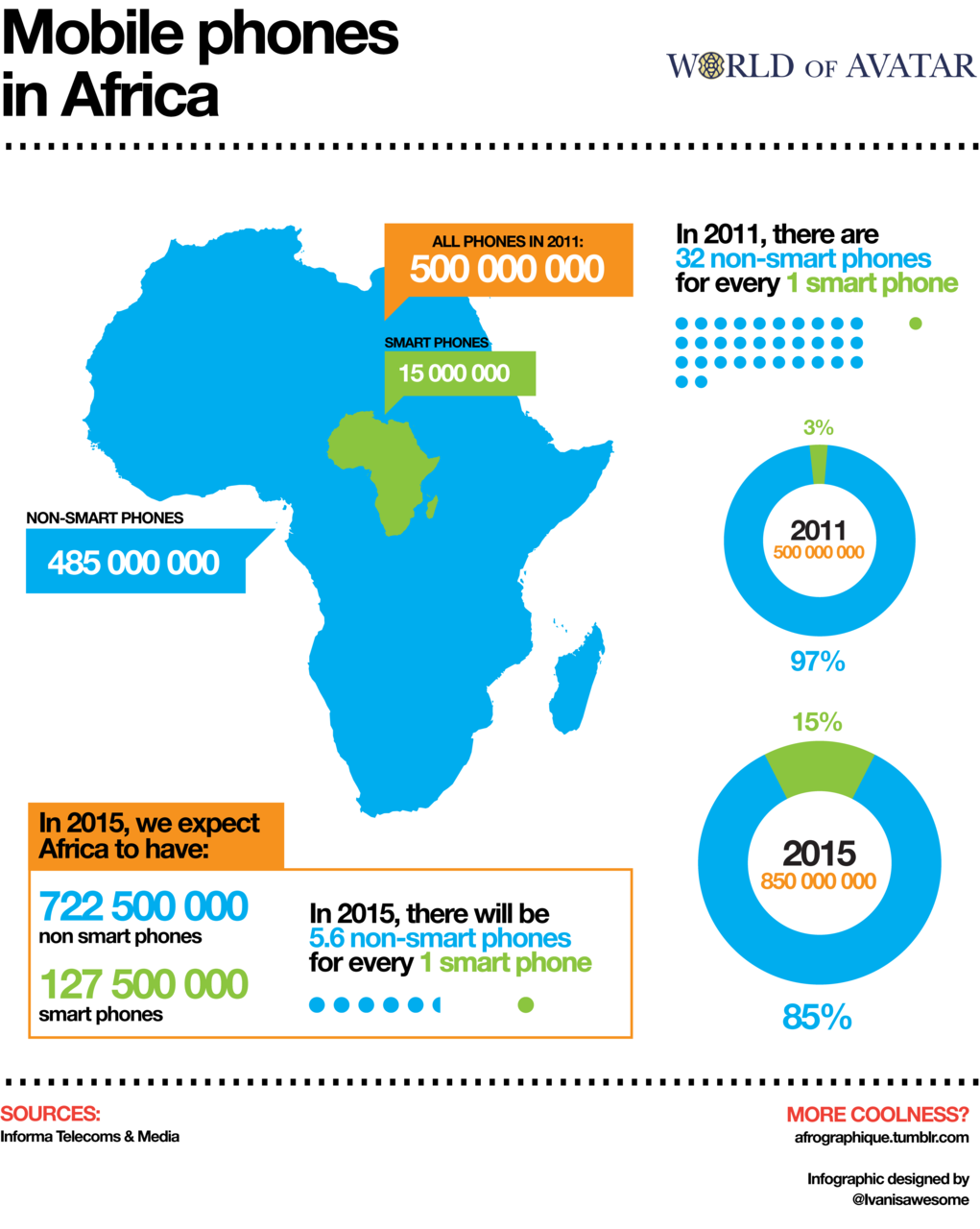 Africa is undergoing a digital revolution as smartphone use and availability increases across the continent.
Africa is undergoing a digital revolution as smartphone use and availability increases across the continent.
According to the International Data Corporation, smartphone use in Africa is expected to double over the next four years. Samsung is currently leading the African smartphone market with over 50% of phones sold.
“As a continent, Africa requires a very significant commitment in terms of local offices and resources in order to build out a presence and logistical capabilities across so many countries,” said Simon Baker, program manager for mobile handsets at IDC CEMA, in a press release. “Samsung, with its broad range of consumer electronics products and unwavering ambition, has been able to achieve just that, in the same vein as Nokia did before it.”
This technology growth is important for today’s medical training, especially in areas that are isolated from larger cities or are otherwise geographically remote.
Travelling allied health professionals training for an overseas assignment, particularly in developing regions, are finding their cell phone can be a powerful diagnostic tool.
With the help of technology, doctors in remote areas can text patients to remind them to take medication, or patients can send back blood pressure readings taken on a home device. Nurses can remind their patients to come in to discuss lab results or let them know when medication has arrived.
In areas where there is an epidemic, mobile communication can provide a bridge to health service locations and offer travel alerts. Live chat sessions can provide an opportunity for patients with chronic conditions such as AIDS to receive answers to medical questions they may not ask in person.
Smartphones are also a valuable education tool. For instance, education programs related to HIV awareness are currently being made available through cell phone and mobile device technology in areas where the disease is most prevalent.
Companies like Health eVillages provide the technology needed for doctors and other health professionals in remote areas to gain access to necessary diagnostic tools such as online prescription medicine guides, clinical guides and other life-saving information.
Having immediate access to reliable sources of information and being able to send diagnostic test results to other medical professionals for additional consultation directly impacts positive patient outcomes while helping professionals feel less isolated.
In addition to cell phone apps, devices for monitoring heart rate, blood sugar and a host of other vitals are becoming more readily available. These devices connect to a smart phone and can be used to send information to a consulting physician who may be half a world away.
Developing regions of the world, as well as economically underprivileged areas inside the U.S. are in need of dedicated health professionals who have the knowledge, training and technological acumen to bring the most current clinical diagnostic tools to those who need it most.









